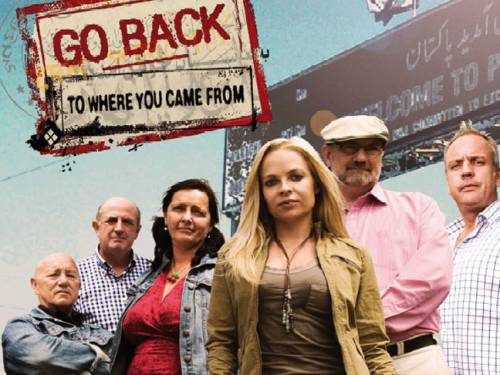
Most retail/supplier relationships start and end with the transaction of a commodity for cash.
Whatever your retail product offer may be, retailers have more leverage in today’s retail market when it comes to asking more from suppliers than just their stock.
If you are a multi-brand store, each brand is fighting for recognition, growth and consumer attention, just like supermarkets brands fight for the most expensive real estate - eye level - so must smaller stores consider offering valuable selling real estate positions in stores to suppliers for agreed remuneration contributions.
The contribution may come in many forms, but is another way the retail offer can be maximised through the back end as well as increasing traffic through the front door.
Some ideas to increase supplier contributions and increase your retail message;
- Register receipt: Most register receipts have a flip side - suppliers contribute funds for their message or brand logo to be viewed on the reverse
- Bags: Consider asking all suppliers to have your logo alongside theirs on your carry bags. If you ask several suppliers you may pay for your entire bag inventory through supplier contribution
- Online: Consider having a fortnightly brand push on your website home page. This keeps your offer fresh and having a brand name pay for its two week period also helps with running e-commerce when times are quiet or during start up.
- Offline catalogue: If your business is catalogue based, consider asking suppliers for a brand page. If this can be done with several different suppliers, all you may have to do is pay for postage
- Free point of sale: Suppliers are all about pushing a particular brand or message over a competitor. Supplier funded point of sale increases their brand message instore while creating a branded message to the consumer
- Supplier funded staff days: Nothing new here as the department stores have had this as their primary offer in the cosmetics industry, but what we’re talking about here is brand days your store may offer in accordance to their respective brand.
As the marketing, advertising, and customer service channels collaborate to increase business growth, back end supplier funded efforts will play a determining factor when assessing your retail sustainability.
Supplier engagement strengthens the offer between your store and supply. The more investment put in the relationship the more neither side can afford it to fail. Growth is expected and anticipated.





















